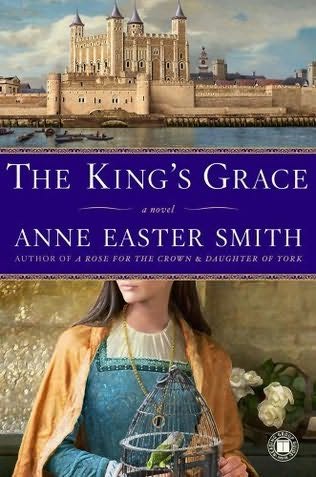



RSS: Blog FeedSubscribe to
Comments [Atom]
April 2007May 2007June 2007July 2007August 2007September 2007October 2007November 2007December 2007January 2008February 2008April 2008May 2008July 2008September 2008October 2008November 2008December 2008January 2009February 2009March 2009April 2009May 2009June 2009July 2009August 2009September 2009December 2009May 2010October 2010March 2011
History Buff is a site
for history lovers everywhere. It is also a site very interested in women
of the past. Although I (sadly) no longer have time to continue these interviews, here is an archive of Q&As about women's lives
in history. And please feel free to stop by History Buff's
sister site for archaeological discoveries making news today. Enjoy!

As an
historical fiction writer I am fascinated by news stories featuring the
past as it's unearthed and reimagined and brought to life. I spend a
large quantity of time searching for news in archaeology and history.
Once in a great while a new archaeological discovery will act as an inspiration
for what I'm currently writing. But most of the time the news stories
I read are simply interesting tidbits of history. Unfortunately, I have
disallowed comments because I travel so frequently that I can neither
monitor nor respond to them. But I would still love to share the history
that I find fascinating each day. So welcome! And feel free to visit my
website at www.michellemoran.com
or contact me at authormichellemoran at hotmail dot com.
Logo designed by Shaun Venish
Blog designed by Mia Pearlman Design
Q&A With Historical Fiction Author Anne Easter Smith

* In your latest novel, THE KING'S GRACE, you tell the story of Grace Plantagenet, who thus far has only been a footnote in history. What compelled you to tell her story?
Grace Plantagenet's name jumped out at me after reading about Queen Elizabeth Woodville's death while researching "A Rose for the Crown." She was mentioned in a contemporary chronicle as one of two gentlewomen who accompanied the queen's body on the funeral barge from London to Windsor, where Elizabeth was buried with her husband, King Edward IV. The actual verbiage is: "Grace, bastard daughter of King Edward, ..." and I wondered why a bastard of her dead husband would have been anywhere near Elizabeth, let alone have the singular honor of being one of the mourners on the barge. It sparked an interest in exploring a possible relationship between the two. That is all we know about Grace--that one fact, so I had to make up her backstory, her age, and what happened to her. It was fun. I also was looking for the perfect narrator at the court who could tell the compelling, mysterious tale of Perkin Warbeck. As "A Rose for the Crown" told the story of King Richard III through Kate Haute's eyes, "The Kings Grace" is really about Perkin Warbeck, although Grace herself is a lovely young woman who readers will care about.
* Tell us something surprising about life as a woman in 15th century England.
Women were obviously second class citizens, dependent upon a man for everything economic, but they were also given lots of responsibilities when their men were away fighting or elevating themselves at court. Most noble women ran the households at those times and men under them did their bidding. It was only when England stopped going to war so much, in later Tudor times and on, that women started becoming more subservient. Some medieval women even donned armor and fought alongside their men in defending their castles. I liked that about them. They were less namby pamby than in later periods.
* How much of your novel is based on fact, and how much on fiction?
I think I explained above how much of Grace's story is fiction, BUT every event that happens around Grace as with every character who is not fictional has been thoroughly researched and is authentic. From the time Perkin is caught and brought to Henry VII's court, I am faithful to history as it deals with him.
* How did you go about researching THE KING'S GRACE?
The same way any historical novelist does it! Read, read, read, go and look, look, look and gather as much information as will fit in your filing cabinet or on your bookshelves! It's a lot of work to get the history right, the people right, the clothes right, the food right, the lifestyle right, the weather right, the flora and fauna right, etc. etc. It makes me tired just thinking about it!
* What are you working on next?
Since I finished "The King's Grace" in May and in between editing that book through September, I have been researching the life of Cecily of York, wife of Richard, duke of York, who were the parents of Edward IV, Richard III and Margaret of Burgundy. The manuscript is due in January 2010.
 Thank you Anne! And feel free to visit Anne Easter Smith online for more information about her latest novel The King's Grace.
Thank you Anne! And feel free to visit Anne Easter Smith online for more information about her latest novel The King's Grace.






